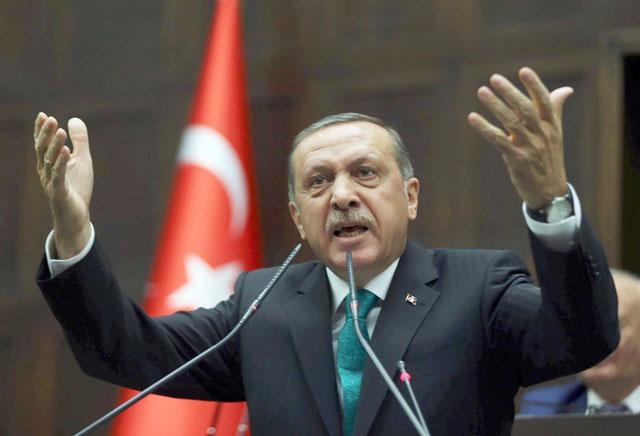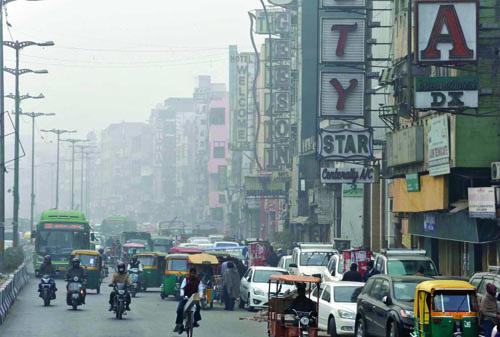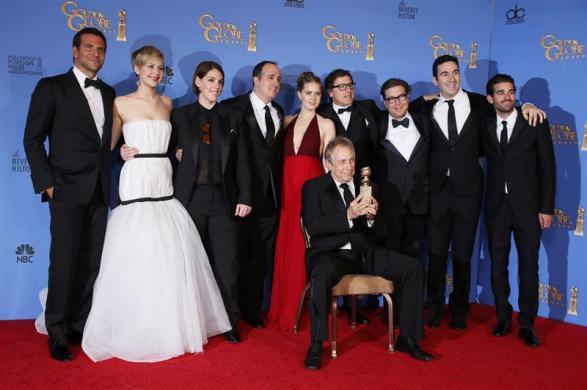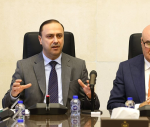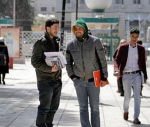ISTANBUL — The Turkish government’s mass purge of police and prosecutors has extended to the banking and telecoms sectors as well as state television, the latest fallout from a wide-ranging corruption scandal plaguing the country’s leaders.
Local media reported on Saturday that three high-ranking officials with top banking watchdog the Banking Regulation and Supervision Agency (BDDK) were removed from their posts.
Five department chiefs from the Telecommunications Directorate regulatory and a dozen people including senior news editors and department heads at Turkey’s state television channel TRT have also been fired, the reports said.
The Islamic-leaning government of Prime Minister Recep Tayyip Erdogan has already dismissed and reassigned hundreds of police officers and prosecutors in what critics say is a government attempt to derail a high-profile graft investigation.
The ruling Justice and Development Party (AKP) is also seeking to exert more control over the country’s top judicial body, a move that has raised concerns among Turkey’s allies including the European Union about the state of democracy.
Hurriyet said the BDDK dismissals came after the release of leaked tapes allegedly belonging to exiled Turkish cleric Fethullah Gulen, a one-time staunch AKP supporter who has become Erdogan’s arch-nemesis.
“We have men at BDDK,” Hurriyet quoted one voice on the tape as saying.
Erdogan has accused followers of Gulen of instigating the probe to undermine his government ahead of March local polls and many of those who have been dismissed are believed to be close to the cleric.
In another move on Friday, Turkish authorities seized the assets of the main opposition candidate for the post of Istanbul mayor.
Turkey’s Savings Deposit Insurance Fund announced the decision after Mustafa Sarigul and nine other people allegedly failed to repay a loan worth $3.5 million (2.6 million euros) dating back to 1998, the Hurriyet newspaper reported.
Sarigul, the Republican People’s Party’s candidate for Istanbul mayor — the biggest prize in the March 30 elections — described the move as a provocation.
“This incident is nothing more than the panic-stricken manipulation of state institutions for politics,” he was quoted as saying by Hurriyet.
Sarigul is seen as the main challenger to Istanbul’s incumbent AKP mayor Kadir Topbas, who is running for a third term at the helm of Turkey’s largest city.
The local polls, to be followed by a presidential ballot in August and parliamentary elections in 2015, will be a key test for the government, which has been badly bruised by the corruption scandal.
Dozens of people were detained in December, including top business leaders and the sons of three ministers, who have since resigned.
Turkey’s Cumhuriyet newspaper on Thursday reported that two of the ministers whose sons were detained had accepted over $60 million in bribes.
The United States and the European Union, which Turkey has sought for decades to join, have voiced their concern over the developments in Turkey.
Nils Muiznieks, the Council of Europe’s Commissioner for Human Rights, warned in an interview on Thursday that the moves to “politicise” the judiciary would weaken trust in the entire state and jeopardise democracy.
The crisis is overshadowing Erdogan’s visit to Brussels on Tuesday in what he had hoped would be the “year of the EU” for Turkey.

